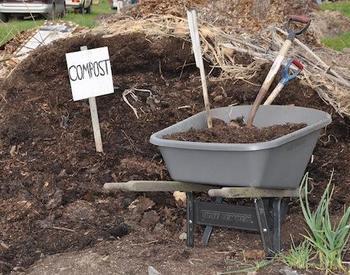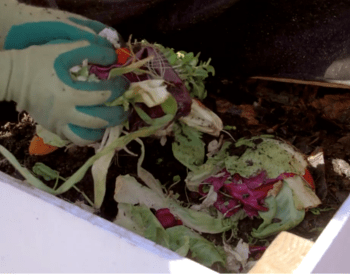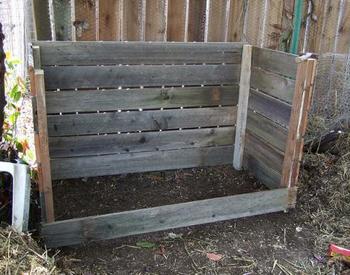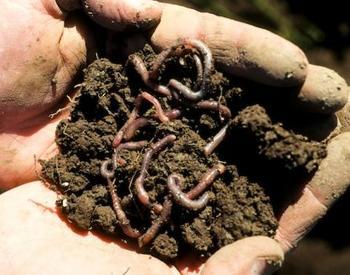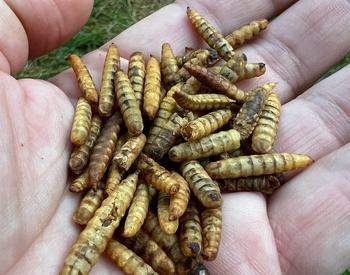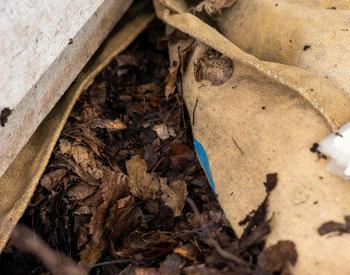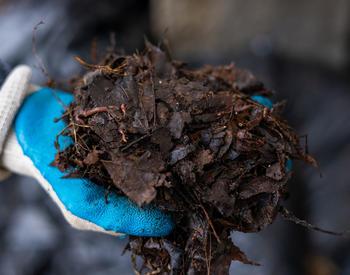When I clean my chicken coop, I put the manure in a compost bin of its own, add some straw and grass and let it pile up. I started in March and will stop mid-November. When will it be "ready" to add to my raised vegetable beds?
Chicken manure is an excellent soil supplement. From your description of your compost pile, you are using the cold method of composting. With this method, it takes much longer for composting to occur. If you are continually piling more and more on top of your pile, the composting function will be even slower.
Without knowing more about your method of composting and how you manage it, the "ready" date would be a really bad guess on my part.
Hot composting method
The hot composting method involves having approximately 1 cubic yard of material, then following these steps:
- Wet and stir the mixture of chicken manure and straw in a one-to-one ratio.
- Let it heat up to approximately 130 to 160° F for three days, and then let it cool.
- When the mixture is cool, stir it again to reheat, and follow the pattern of heating and cooling for 3 cycles.
Using this method, it will take about 45 days to create usable compost for your garden. You can add grass to the mixture, but grass adds nitrogen, not carbon, which is what the chicken manure needs. (Straw or leaves provide carbon to the mix.) Also view a complete tutorial on composting chicken manure.
Lastly, if you look at your composted material and cannot make out what it was (that is, can't see manure or straw) and it appears to be a mass of black soil-like material, it is done.


